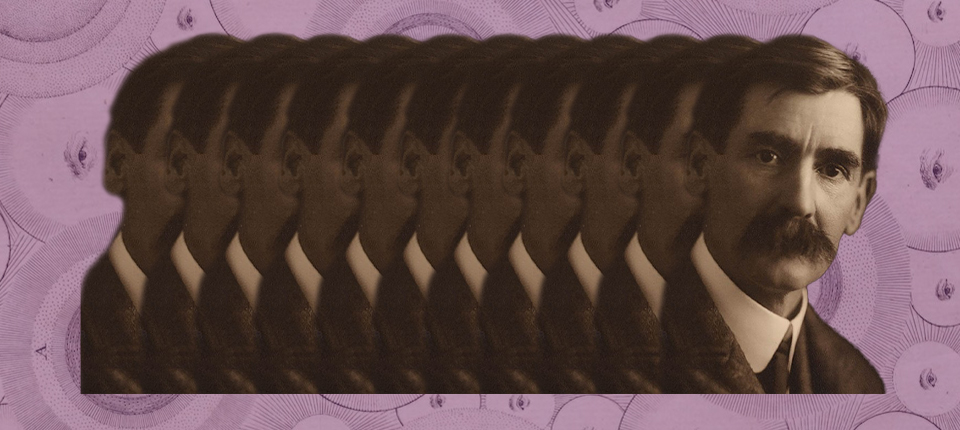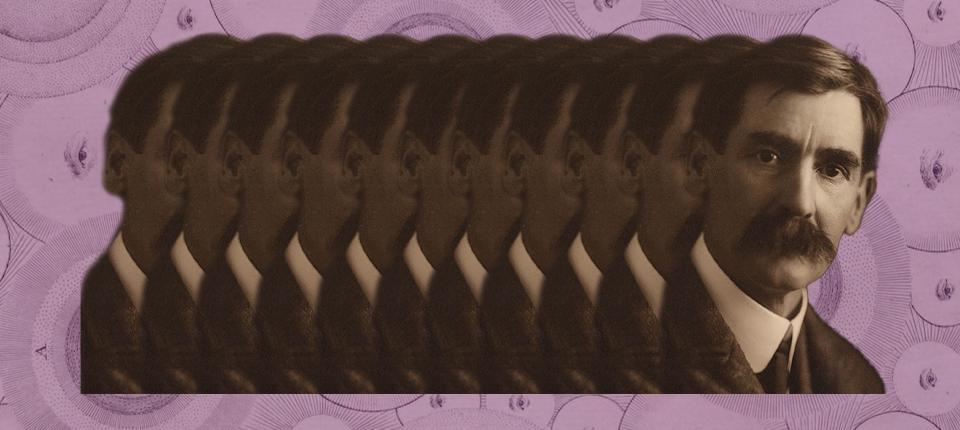The Best of the Literary Internet, Every Day

TODAY: In 1867, Henry Lawson is born.
- “Book ban cases have ramped up in recent years, and judges are flying blind, continuing to make guidance-free rulings.” Why Little v. Llano County threatens the already imperiled freedom to read in America. | Lit Hub Politics
- Lee Cole recalls being a working class writer attending a prestigious MFA program and considers the absence of working class perspectives in our literary institutions. | Lit Hub Craft
- Titles by Joyce Carol Oates, Dana A. Williams, Catherine Lacey, and more are among the 27 new books out today! | Lit Hub Reading Lists
- Jane Alison praises Night, Edna O’Brien’s sexiest (and most forgotten) novel. | Lit Hub Criticism
- “Her presence alone can transform a song into a drama.” Jan Gradvall sits down with ABBA’s iconic lead singer, Agnetha Fältskog. | Lit Hub Music
- Erin Khue Ninh reflects on teaching Lois-Ann Yamanaka’s Blu’s Hanging: “In ethnic and feminist studies, understanding violence in its various forms and effects is core to the assignment.” | Lit Hub Criticism
- Grace Flahive recommends essential Floridian books by Lauren Groff, Kristen Arnett, Dantiel W. Moniz, and more! | Lit Hub Reading Lists
- Michelle Huneven talks about her novel, Bug Hollow, and writing a decade-spanning California family drama. | Lit Hub In Conversation
- “And so it was told that the story of the Mikkola sisters started on the last day of December, on the last day of the millennium…” Read from Jonas Hassen Khemiri’s new novel, The Sisters. | Lit Hub Fiction
- Aaron Rosenberg revisits The Inheritors, an obscure sci-fi novel co-written by Joseph Conrad and Ford Madox Ford, which presaged Trump’s obsession with Greenland. | Jacobin
- The British Library will (symbolically) reinstate Oscar Wilde’s reader pass, 130 years after its trustees cancelled it, when he was convicted for “gross indecency.” | The Guardian
- Kaitlan Bui considers labor as horror and asks what fiction looks like after fascism. | Public Books
- “It is a survival tool, a place of fantasy, a report on reality, and a utopia, all in one.” David Grundy explores Ted Joans’ revolutionary, surrealist poetry. | Poetry
- “Genre fiction–of any kind–doesn’t have a reputation as a sophisticated context in which to write women.” B.D. McClay examines Fritz Leiber, Twin Peaks, and gender in genre fiction. | The Point
- Merve Emre looks at the history of advice columns: “More than any other genre of public speech, advice brings strangers into scenes of intimate exchange.” | The New Yorker
Article continues after advertisement
